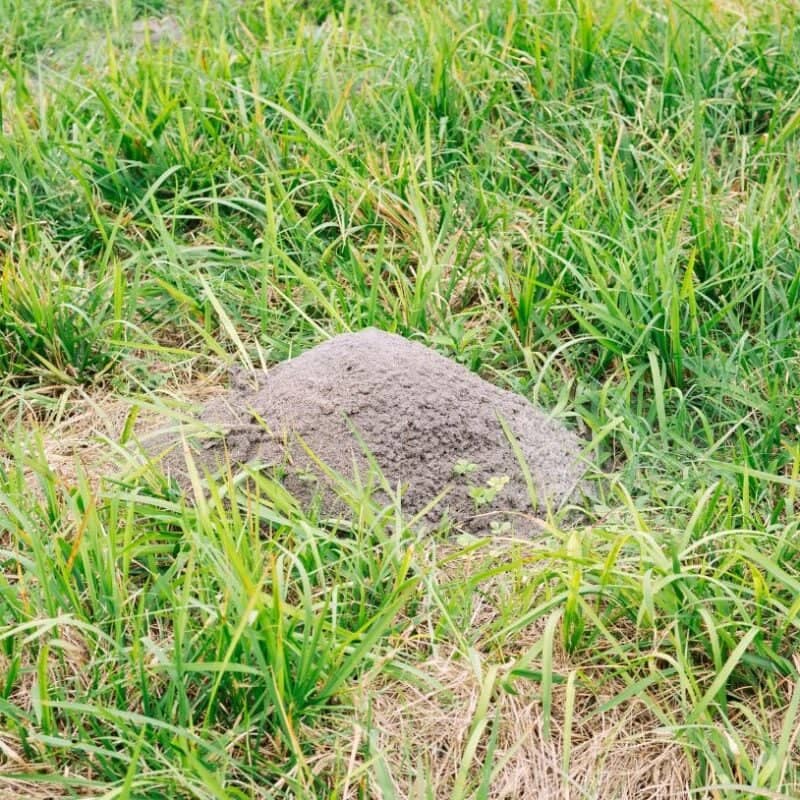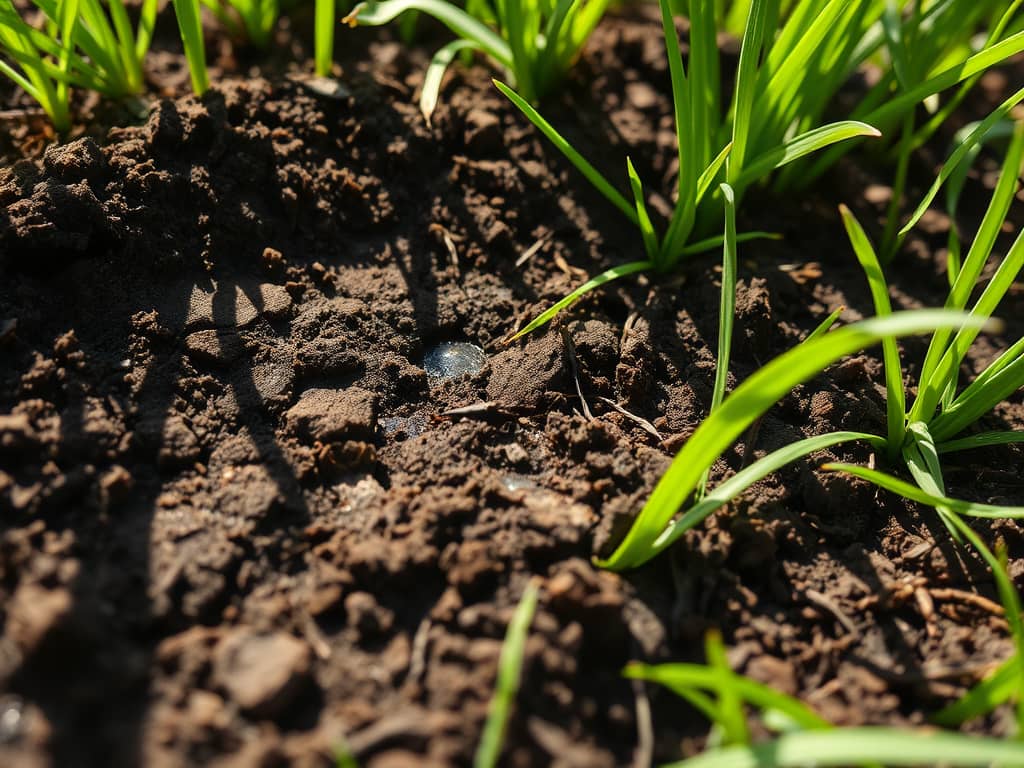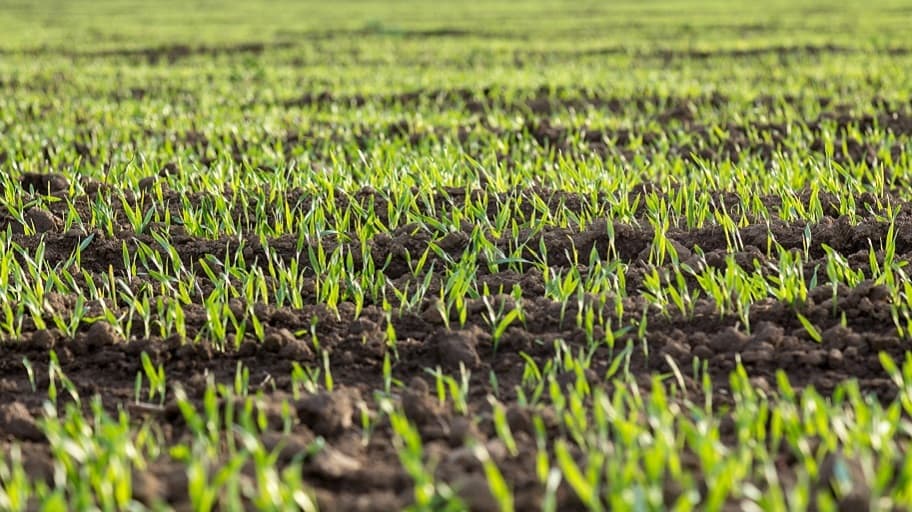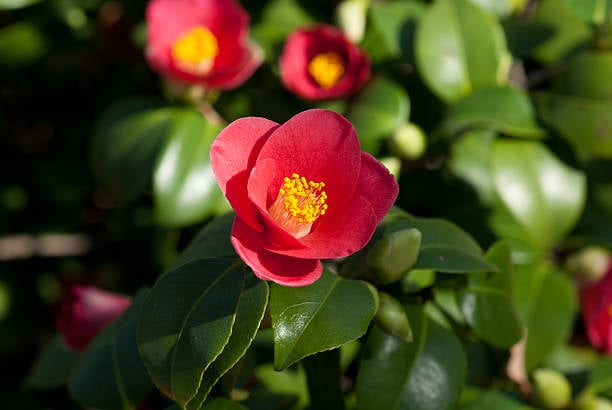
Identifying and Eliminating Fire Ant Mounds in Your Florida Yard
If you’ve lived in Florida long enough, you’ve no doubt had at least one run-in with fire ants. Unlike most…

Florida’s hot, humid climate and sandy soils make lawn and garden care a challenge. For homeowners and lawn care professionals alike, organic matter offers a sustainable way to boost soil health in Florida, enhance nutrient availability, and grow lush Florida turf and vibrant ornamentals. From compost and chicken litter to humic acid and sea kelp, these organics and biologicals can transform your landscape. Here’s how to use organic matter to elevate your turf and ornamentals while keeping Florida’s unique environment in mind.
Florida’s sandy soils drain quickly, leaching nutrients like nitrogen and potassium before plants can use them. Building soil health with organic matter is the solution. Adding compost, chicken litter, or other amendments improves moisture retention and nutrient uptake, creating a foundation for thriving turfgrass like St. Augustine and ornamentals like hibiscus.
Compost delivers micronutrients and organic carbon, acting as a natural sponge to hold water and nutrients in the root zone. Chicken litter, a slow-release source of nitrogen and phosphorus, feeds plants gradually while minimizing runoff—a big plus in Florida’s eco-sensitive regions. These materials also supercharge biologicals—the beneficial microbes that break down nutrients for plants, improving soil health in Florida over time.

Two standout options for organic matter for Florida turf are humic acid and sea kelp. Humic acid, derived from decomposed organic matter, enhances nutrient uptake by unlocking micronutrients like iron and zinc—crucial in Florida’s alkaline soils where nutrient lockup is common. It’s a must-have for turfgrass like Bermuda or ornamentals like palms, and it boosts microbial activity for resilient soil health.
Sea kelp, packed with trace elements and growth hormones, supports root growth and stress tolerance. Applied as a liquid drench or foliar spray, it’s perfect for reviving Florida turf after summer heat or giving ornamentals a vibrant boost. For homeowners and pros, these organics deliver results without synthetic shortcuts.
Ready to try organic matter for Florida turf? For lawns, top-dress with compost or aged chicken litter (about a quarter-inch layer) and aerate to work it into the soil. This enhances nutrient availability and helps grasses like Zoysia resist diseases like take-all root rot.
For ornamentals—think azaleas or citrus—mix compost into planting holes or use it as mulch. Apply a diluted humic acid solution to the root zone for a growth kickstart, and spritz sea kelp on foliage to ease transplant stress. Time applications for spring or fall to align with Florida’s growing seasons and comply with summer fertilizer bans.

Switching to organics offers more than a pretty yard. Unlike synthetic fertilizers that risk burning roots or polluting waterways, organic matter releases nutrients slowly, protecting Florida’s ecosystems. Healthier soil also reduces pesticide needs—biologicals in organic-rich soils naturally deter pests like chinch bugs.
For lawn care professionals, offering organic lawn care in Florida with compost, humic acid, and sea kelp can attract eco-conscious clients. Homeowners enjoy a safe, sustainable lawn that shines without harsh chemicals.
Using organic matter for Florida turf and ornamentals is a smart, sustainable choice. By leveraging compost, chicken litter, humic acid, and sea kelp, you’re investing in long-term vitality. In Florida’s tough conditions, this approach creates stunning, resilient landscapes. Whether you’re a homeowner aiming for a lush lawn or a pro refining your services, organics pave the way to greener results—one handful of compost at a time.